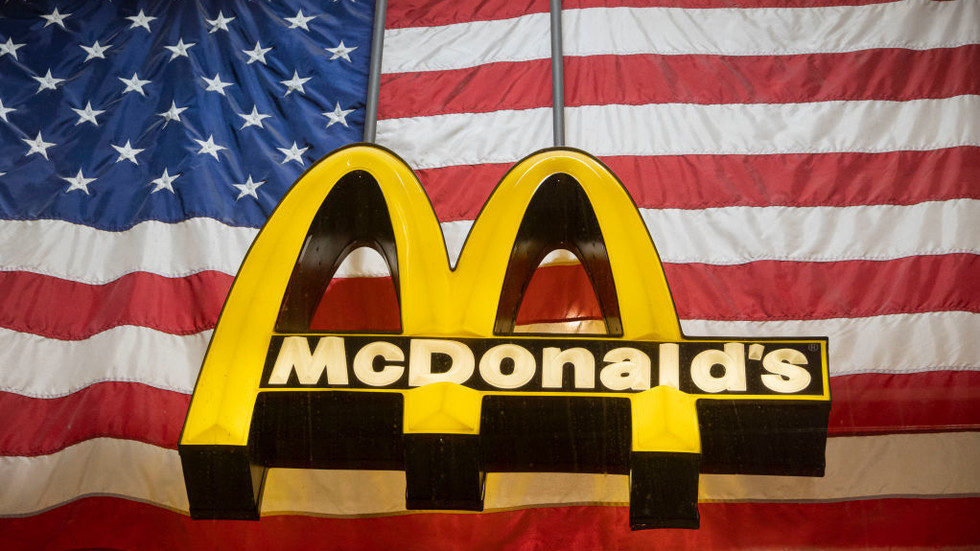During a recent campaign stop in Pennsylvania, Republican presidential candidate Donald Trump made headlines with a visit to McDonald’s, where he engaged with customers and even cooked French fries. This appearance, however, prompted McDonald’s to clarify its position in the political landscape. The fast-food giant emphasized that it does not endorse any candidates running for office and remains neutral in the upcoming presidential race. In an internal communication to employees, McDonald’s assured them of its political impartiality, stating, “We are not red or blue – we are golden.” This declaration aimed to distance the brand from any political affiliations, highlighting the role of McDonald’s as a beloved staple in American culture rather than a political entity.
McDonald’s insisted that Trump’s visit was not an orchestrated campaign event but rather an informal drop-in that occurred after local franchisee Derek Giacomantonio received a request from law enforcement regarding Trump’s interest in visiting a restaurant in Pennsylvania. This underlines the complex relationship between fast-food establishments and political figures, suggesting that such visits can be spontaneous yet resonate deeply with the public. Giacomantonio expressed pride in accommodating Trump’s request, reinforcing the notion that McDonald’s welcomes everyone in the community, irrespective of their political leanings.
Throughout his visit, Trump not only took part in cooking and serving food but also used the opportunity to take a jab at Democratic rival Vice President Kamala Harris. Trump mocked Harris by stating that he had “worked for 15 minutes more than Kamala,” a reference to her previous claims of working at McDonald’s during her college days. This comment was part of Trump’s ongoing strategy to criticize his opponents while leveraging opportunities to connect with voters via beloved cultural icons like McDonald’s, further entwining his candidacy with the familiar and nostalgic elements of American life.
The publicity surrounding Trump’s visit to McDonald’s highlights the intersection of fast food and politics in the U.S., illustrating how such venues are often used as platforms for candidates to connect with the electorate. McDonald’s has historically remained a non-political brand, but in a climate where food, culture, and politics are increasingly intertwined, the company’s acknowledgment of its role in American discourse is significant. McDonald’s branding efforts reflect its longstanding cultural relevance, resonating with voters across the political spectrum.
While McDonald’s clarified that local franchise owners are permitted to host political figures, it remains essential to acknowledge that the company itself abstains from endorsing any political candidates, as evidenced by its public statements. Their stance aims to ensure consumers view McDonald’s as an ingrained aspect of American life, not as a political pawn. The corporation’s communication strategy is designed to maintain or enhance its image as a neutral backdrop in the political arena, balancing the inevitability of political connections with its brand ethos.
In summary, the incident at McDonald’s with Donald Trump serves as a microcosm of the broader relationship between fast food and American politics. The visit prompted McDonald’s to reiterate its commitment to neutrality while showcasing the brand’s relevance in everyday discussions and experiences. As the political landscape evolves, the intertwining of culture and politics will likely continue, with fast-food chains playing a prominent role in shaping public discourse and candidate visibility in the lead-up to the presidential election.

